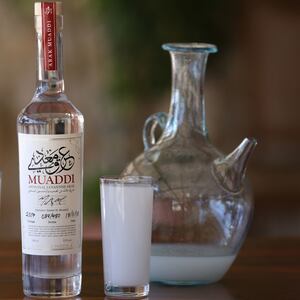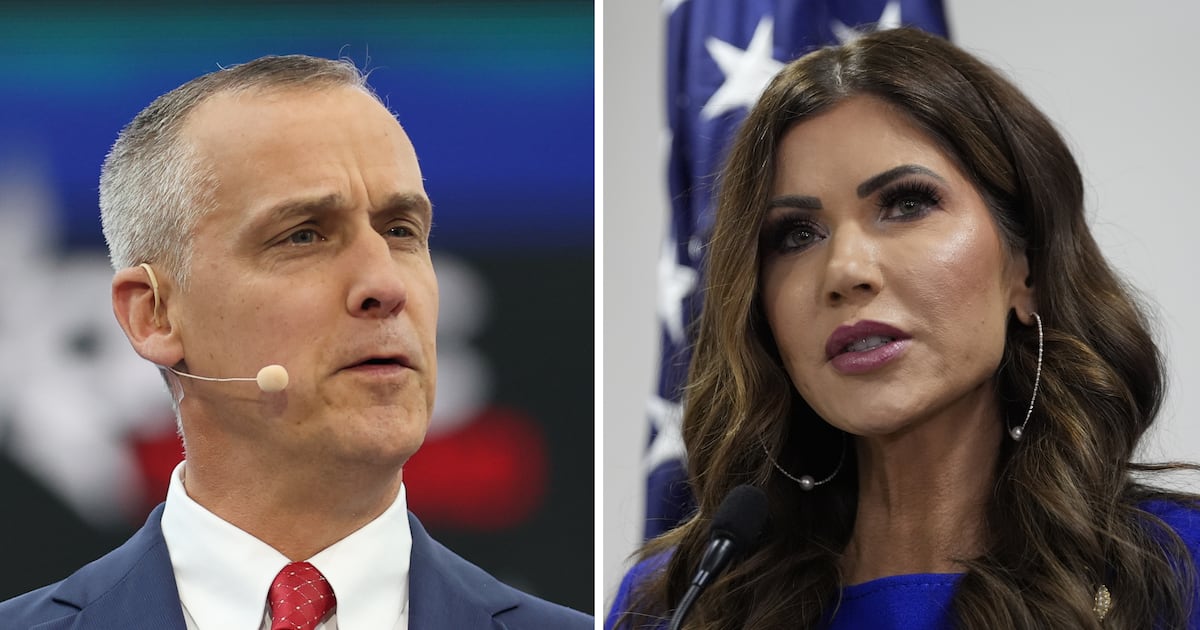In the early 1910s, some years before Prohibition, a farmer walked into the post office in Owensboro, Kentucky, to mail a holiday package to his son in Arkansas. It contained an assortment of Christmas treats, including chewing tobacco, homemade cakes and some warm yarn socks. Into the box the farmer also slipped in a pint of “fine old whiskey” knowing his son’s fondness for Eggnog.
The postmaster inquired if there was any liquor in the package. The farmer said, “no.” The postmaster informed him about the Webb-Kenyon Act, recently passed by Congress, that made it a crime to ship to booze to a dry country, which included the one in which his son resided. The farmer repeated answer.
Out of the shadows stepped one of the unheralded villains of the last century: the postal inspector. He pointed to the package, opened it, and found and then waggled aloft the bottle of offending whiskey. The farmer was arrested and given a summons for court. He faced 60 days in jail and a fine of up to $500.
Prohibition soon came along and made the “transportation of liquor” illegal for all and after 13 years it was finally repealed. For the post office, however, repeal never arrived—as anyone who has tried to legally ship a bottle of liquor through the mail well knows. FedEx and UPS can deliver whiskey; your mailman cannot. It’s one of those outmoded decrees from the past that ignore commercial evolution, akin to regs that ban people from saying bad words on broadcast television but allows cursing on cable.
Efforts are now underway to bring repeal to the U.S. Postal Service. Last May, H.R. 3287 was introduced into the U.S. House of Representatives. It was to amend the federal code to allow the postal service “the authority to mail alcoholic beverages.” This bill—since stalled in committee—aims to let the post office catch up with the modern world with all its newfangled “internet ordering” and “liquor delivery.”
Given the long-standing prohibition against shipping liquor, it may come as a surprise to learn that ordering liquor by mail was once commonplace.
“The Most Complete Liquor Price List Ever Issued by a Mail Order Liquor House in the South,” boasted one 1913 ad for the Dan Lazarus Liquor Co. in Little Rock, Arkansas. The retailer offered free shipping for those who spent more than $3 and claimed to be “the fastest shipper in the whiskey trade!” Did your shipment arrive with a few broken bottles? No problem. “We will made good immediately because we know it is best for you and for us.”
As you might have guessed, the mail-order liquor business grew owing to one reason: the swelling number of dry counties and states. Between 1907 and 1909, five states went dry, and a far larger number of counties voted to ban liquor sales. In Arkansas, home to the aforementioned Dan Lazarus Liquor Co., 66 of the state’s 75 counties had voted to go dry. What were those living in dry regions supposed to do? Order by mail, naturally.
The National Association of Mail Order Liquor Dealers was formed early in the century and it hosted annual conventions to compare notes and best practices. “The mail order business came into existence only a few years ago as a result of the many states going dry,” noted one vendor at the 1916 convention, “and that volume was increasing at a tremendous rate.”
This form of commerce attracted notice from Congress, which soon passed the Webb-Kenyon Act. The law was meant to address that Buick-sized loophole for states and counties that banned liquor—namely, that vendors from out of state could legally ship liquor anywhere without recourse because the federal government—not the states—held oversight of interstate commerce. Local authorities could arrest someone when they went to collect their shipment but couldn’t intercept the liquor when it was en route or arrived at the post office.
The solution was as elegant as it was crafty: simply redefine liquor. The courts had earlier determined that states could enforce bans on interstate shipments of “things inherently injurious to health or safety, or things-inherently fraudulent or immoral.” So along came Webb-Kenyon, which tipped its hand in its official name: “an act divesting intoxicating liquors of their interstate character in certain cases.”
Webb-Kenyon was vetoed by President William Howard Taft on the advice of his attorney general, who feared the law would erode the constitutionally endowed role of the federal government to oversee interstate commerce. Congress wasn’t as fearful and overrode the veto. It became law in 1913.
With their new powers, states amended their own laws regarding shipping. In Florida, for instance, 1914 laws mandated that those shipping liquor to wet counties must use boxes plainly marked as containing liquor with a label stating both the quantity and quality of the hooch, along with the written notation: “Intended only for the private use of [fill in the blank] and family.” Additionally, liquor could only be delivered during daylight hours and on weekdays.
The law was challenged in the courts, as Taft and his allies anticipated. But few anticipated that in 1917 the U.S. Supreme Court would uphold the law. That ruling helped create momentum for a constitutional amendment banning “the manufacture, sale, or transportation of intoxicating liquors” nationally, which was ratified in January 1919.
The 18th amendment and Prohibition rendered moot Webb-Kenyon and state laws governing liquor shipments. Of course, the futility of enforcing Prohibition helped result in Repeal thirteen years later. But the ban on shipping liquor via the U.S. Post office persisted in a feral fashion, although the public had to be often reminded of this.
A 1944 account reported the “distinctive smell of Kentucky bourbon” in a post office where “a number of bottles of Christmas cheer had been broken in handling.” Don’t do that, the post office warned. “All alcoholic beverages are being confiscated and the names of senders are turned over to postal inspectors for investigation.”
Similar reminders were posted around holidays. In 1935, a postal bulletin reminded post masters that “intoxicating liquors are unmailable,” and that “liquors found in the mails are subject to confiscation and the mailers are liable to heavy penalties.”
In recent decades, patterns of commerce have swiftly evolved—from shops on Main Street to catalog sales to big box stores to Amazon Prime. Yet throughout it all, liquor has been banned from the mail since the 1910s.
In large part, this is owing to the steadfast and effective opposition of liquor wholesalers—an industry created after Repeal to appease Prohibitionists, who wanted more separation between liquor producers and liquor drinkers. No one who made liquor could sell it directly to liquor stores or bars—it had to first go through a distributor. Any erosion of the “three-tier” system—that is, permitting direct sales by mail—is an existential threat to the middle tier.
“Proposed legislation to allow the U.S. Postal Service to handle beverage alcohol is simply not a safe or responsible solution to answer the current significant needs of the USPS,” said the CEO and president of the Wine & Spirits Wholesalers of America (WSWA) Michelle Korsmo last spring in opposing efforts to open the mail, citing the potential for underage ordering and avoidance of taxes.
Not all in the industry agree. The Distilled Spirits Council of the U.S. (DISCUS), the nation’s largest liquor trade group, sees “a golden opportunity to help the struggling USPS,” and estimates that opening mailboxes to hooch could generate $180 million per year for the agency. It also argues that at a time when consumers are increasingly comfortable ordering everything online, that “direct-to-consumer shipping serves as an important complement to the traditional three-tier system of beverage alcohol distribution,” as DISCUS president and CEO Chris Swonger wrote in a guest essay for USA Today last spring.
How this plays out remains to be seen. But if you’re wondering what happened to the Kentucky farmer who tried to mail his son a pint of whiskey, well, he avoided jail. According to news accounts, he “unbosomed” himself of his bad deed to the judge, explained woefully that he only wanted to help his son get some of that good Kentucky whiskey unavailable in Arkansas and threw himself on the mercy of the court.
The Kentucky judge, perhaps moved by the farmer’s appeal to the state’s native tipple, let him walk.









